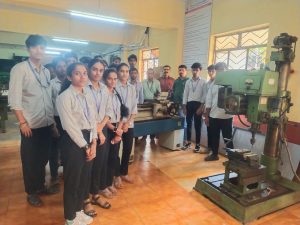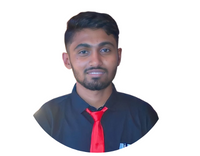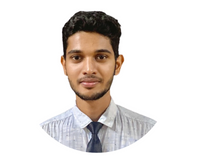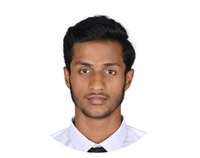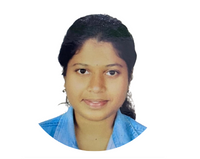HEAD OF THE DEPARTMENT

Prof. Raghavendra B Kamath
B.E, M.Tech
rbk.963@gmail.com
About Mechanical Engineering
The future of mechanical engineering is driven by advancements in automation, sustainable energy, and materials science. It’s crucial to not only master the fundamentals but to also explore emerging technologies that will shape industries worldwide. Our field demands critical thinking, problem-solving, and creativity skills that you’ll develop here. Together, Students lets push the boundaries of what’s possible and prepare for a future where you will lead the way in engineering excellence.
To produce Mechanical Engineers with Ethical, Innovative, Scientific and Engineering Knowledge.
M1: Impart Education in the field of Mechanical Engineering and Allied Sciences through Teaching- Learning Process.
M2: Implement thriving environment for interaction with Industry for Enriching Knowledge in Mechanical Engineering.
M3: Encourage our Students to practice interpersonal Skills and Ethics through Social Outreach
PEO 1: Proficiency in the field of mechanical engineering and allied sciences and to apply them in effective design, analysis and development of product and process.
PEO 2: Motivation to pursue research and challenging projects in various avenues of Mechanical Engineering.
PEO 3: Imbibe communication, teamwork and leadership skills along with persistence and perseverance to solve challenging problems in the physical world.
PE 04: Commitment towards social and ethical responsibilities with fervor for lifelong learning.
The department of Mechanical Engineering since its inception in 1986 has made excellent and remarkable achievements. A good foundations and innovations have accomplished by the department for the next 25 years. Certain targets, such as quality and research oriented education , participation of industry people and other software training programmes by the mechanical related software experts are conducted regularly. The staff members have very good impressive track record in academic and research contributions which have been highly appreciated and recognized. The department has sufficient space for class rooms with LCD facility for effective teaching. All laboratories are well furnished to conduct the experiments as per the syllabus and also beyond the syllabus effectively. A well furnished research laboratory for Ph.D students as well as to conduct various kinds of testing of materials is available.

Prof. Raghavendra B. Kamath
Incharge HOD And Assistant Professor B.E,M.Tech
Experience: 10 years
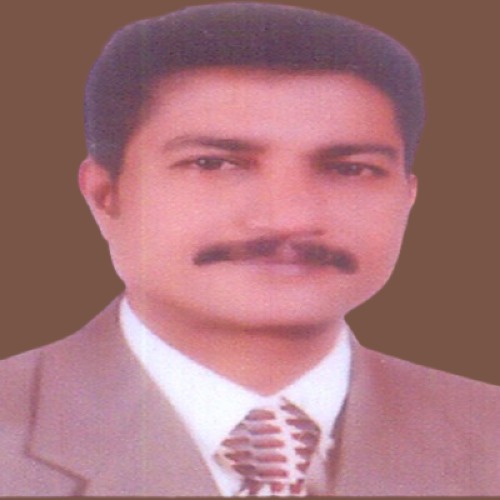
Dr. Sunil Kumar M
Associate Professor B.E,M.Tech,Ph.D
Experience: 28 years
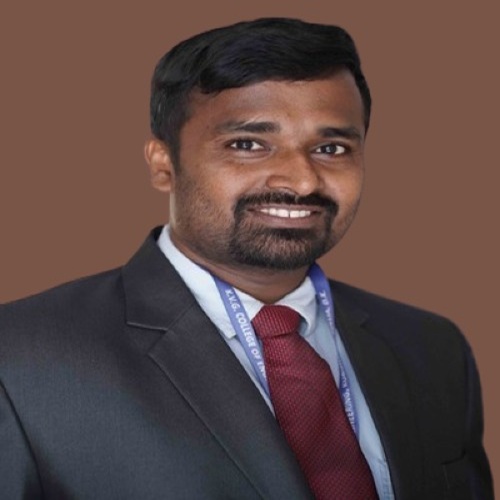
Prof. Sudheer K V
Assistant Professor B.E,M.Tech
Experience: 10 years
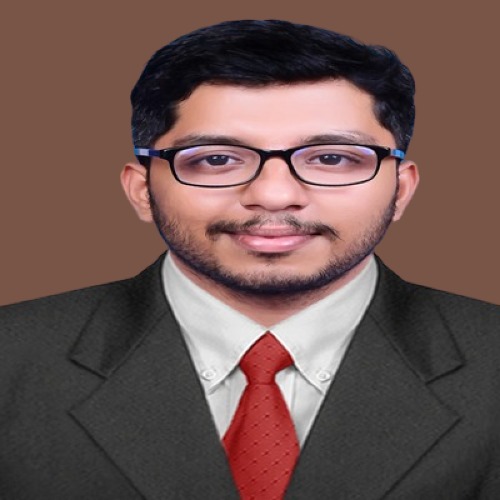
Prof. Prashanth K
Assistant Professor B.E,M.Tech
Experience: 09 years
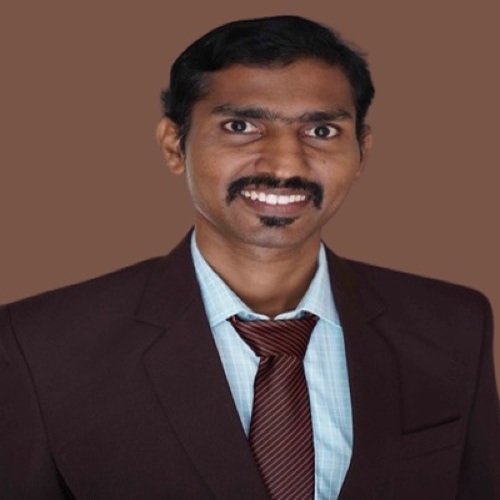
Prof. Abhijna B B
Assistant Professor B.E,M.Tech
Experience: 09 years

Prof. Raghavendra B. Kamath
Incharge HOD And Assistant Professor B.E,M.Tech
Experience: 10 years

Dr. Sunil Kumar M
Associate Professor B.E,M.Tech,Ph.D
Experience: 28 years

Prof. Sudheer K V
Assistant Professor B.E,M.Tech
Experience: 10 years

Prof. Prashanth K
Assistant Professor B.E,M.Tech
Experience: 09 years

Prof. Abhijna B B
Assistant Professor B.E,M.Tech
Experience: 09 years
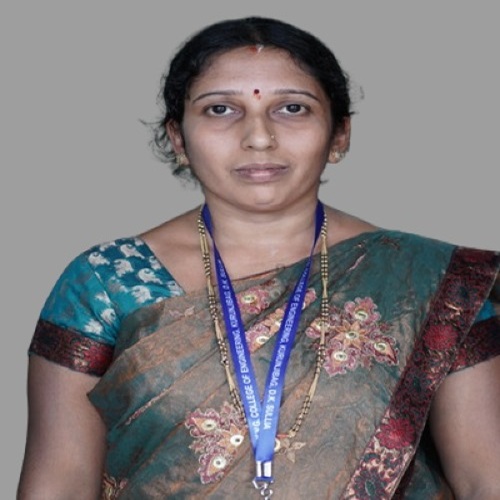
Mrs. Bhavya K K
Lab Instructor
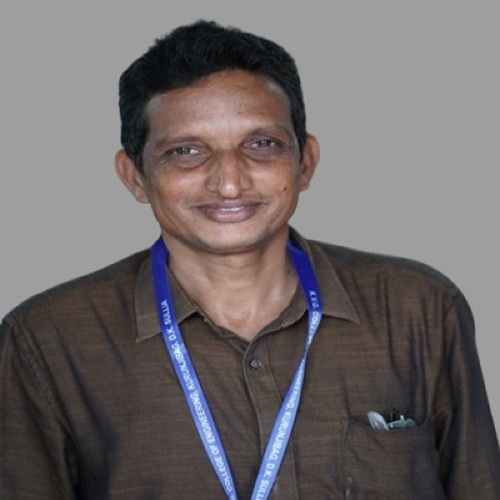
Mr. Mithrananda B
Lab Assistant
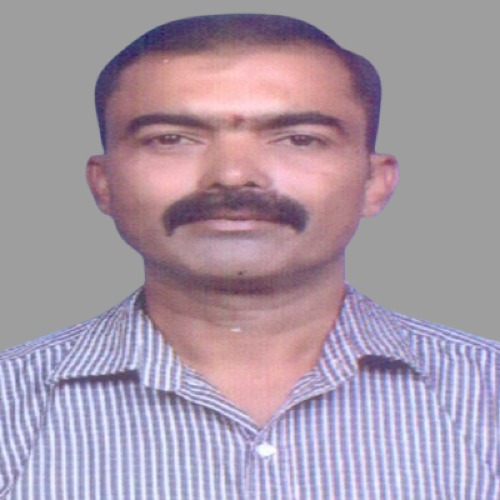
Mr. Jayarama B K
Lab Assistant
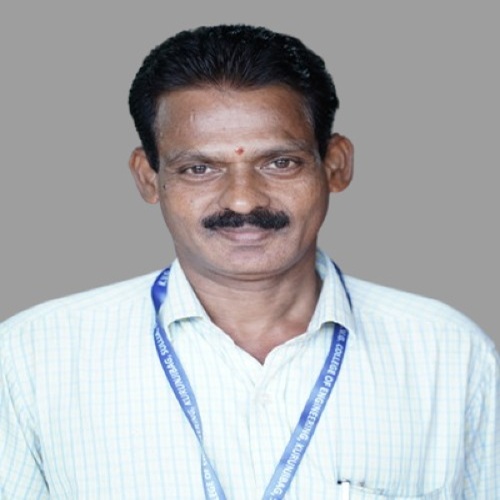
Mr. Yogeshwara P T
Attender
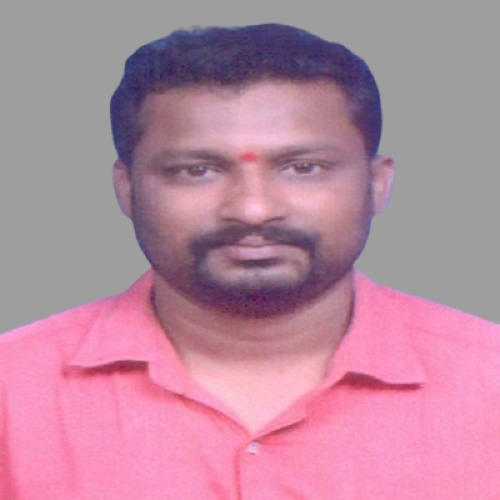
Mr. Vinayachandra A
Lab Assistant

Mrs. Bhavya K K
Lab Instructor
Mr. Mithrananda B
Lab Assistant
Mr. Jayarama B K
Lab Assistant
Mr. Yogeshwara P T
Attender
Mr. Vinayachandra A
Lab AssistantTechnical Talk on `Designing your path: From Engineering to Industrial Design
Vayujith Racing Team Wins National Championship – Felicitation at K.V.G. Engineering College
Vayujith Racing Wins National Championship
Vayujith Racing 7.0 Go-Kart Unveiled at K.V.G. Engineering College
Mechanical Machines Familiarization Program for First-Year Students
Mechanical Engineering Department Laboratories at KVG College of Engineering
Basic Workshop: The Basic Workshop at KVG College of Engineering provides hands-on training in fundamental manufacturing processes. Students gain practical skills in carpentry, fitting, welding, and sheet metal work, laying a strong foundation for their engineering education.
Engineering Visualization Laboratory: This laboratory is equipped with advanced software tools and hardware to enhance students' understanding of engineering graphics and design. Students learn to visualize and create detailed engineering drawings, fostering their ability to conceptualize and communicate complex ideas effectively.
Machine Shop: Our Machine Shop is furnished with state-of-the-art machinery, including lathes, milling machines, and drilling machines. Students receive practical training in machining operations, developing skills essential for manufacturing and production engineering.
Basic Material Testing Laboratory: In the Basic Material Testing Laboratory, students explore the properties of various materials through experiments and tests. This lab helps students understand material behavior under different conditions, crucial for material selection and engineering design.
Metrology and Measurement Laboratory: The Metrology and Measurement Laboratory provides students with hands-on experience in precision measurement techniques. Equipped with advanced instruments, students learn the importance of accuracy and calibration in engineering applications.
Fluid Machinery Laboratory: Our Fluid Machinery Laboratory offers practical insights into the working principles of fluid machines such as pumps, turbines, and compressors. Students conduct experiments to understand fluid dynamics and the performance characteristics of these machines.
Foundry and Forging Laboratory: This laboratory provides an immersive experience in casting and forging processes. Students learn about mold making, melting, pouring, and forging techniques, gaining valuable skills in metal forming and shaping.
Energy Conversion Engineering Laboratory: In the Energy Conversion Engineering Laboratory, students explore different methods of energy conversion and study the efficiency of various systems. Experiments include the analysis of internal combustion engines, steam turbines, and renewable energy systems.
Heat and Mass Transfer Laboratory: The Heat and Mass Transfer Laboratory enables students to conduct experiments related to conduction, convection, and radiation. This lab helps students understand the principles of heat exchange and mass transfer in engineering applications.
Design Laboratory: Our Design Laboratory is equipped with the latest CAD software and tools, allowing students to create and analyze engineering designs. This lab fosters creativity and innovation, preparing students for challenges in engineering design and development.
Makers Lab: The Makers Lab in the Mechanical Department of KVG College of Engineering is a hub for innovation and creativity. It provides students with access to 3D printers, CNC machines, and other prototyping tools, encouraging hands-on learning and the development of practical engineering solutions.
Placements 2025
Placements 2023
Following is the list of companies which carried the internship program for the year 2024-25
Following is the list of companies which carried the internship program for the year 2022-23
Following is the list of companies which carried the internship program for the year 2021-22
PO 1: Engineering Knowledge: To apply the knowledge of mathematics, science, engineering fundamentals, and an engineering specialization to the solution of complex engineering problems
PO 2: Problem Analysis: Identify, formulate, review research literature, and analyze complex Engineering problems reaching substantiated conclusions using first principles of mathematics, natural sciences, and engineering sciences.
PO 3: Design/Development of Solutions: Design solutions for complex engineering problems and design system components or processes that meet the specified needs with appropriate considerations for the public health and safety, and the cultural, societal, and environmental considerations
PO 4: Use research-based knowledge and research methods including design of experiments, analysis and interpretation of data, and synthesis of the information to provide valid conclusions.
PO 5: Create, select, and apply appropriate techniques, resources, and modern engineering and IT tools including prediction and modeling to complex engineering activities with an understanding of the limitations.
PO 6: Apply reasoning informed by the contextual knowledge to assess societal, health, safety, legal and cultural issues and the consequent responsibilities relevant to the professional engineering practice.
PO 7: Understand the impact of the professional engineering solutions in societal and environmental contexts, and demonstrate the knowledge of, and need for sustainable development.
PO 8: Apply ethical principles and commit to professional ethics and responsibilities and norms of the engineering practice.
PO 9: Function effectively as an individual, and as a member or leader in diverse teams, and in multidisciplinary settings.
PO 10: Communicate effectively on complex engineering activities with the engineering community and with society at large, such as, being able to comprehend and write effective reports and design documentation, make effective presentations, give and receive clear instructions.
PO 11: Demonstrate knowledge and understanding of the engineering and management principles and apply these to one’s own work, as a member and leader in a team, to manage projects and in multidisciplinary environments.
PO 12: Recognize the need for, and have the preparation and ability to engage in independent and life-long learning in the broadest context of technological change
PO1: Engineering Knowledge: To apply the knowledge of mathematics, science, engineering fundamentals, and an engineering specialization to the solution of complex engineering problems
PO2: Problem Analysis: Identify, formulate, review research literature, and analyze complex Engineering problems reaching substantiated conclusions using first principles of mathematics, natural sciences, and engineering sciences.
PO3: Design/Development of Solutions: Design solutions for complex engineering problems and design system components or processes that meet the specified needs with appropriate considerations for the public health and safety, and the cultural, societal, and environmental considerations
PO4: Use research-based knowledge and research methods including design of experiments, analysis and interpretation of data, and synthesis of the information to provide valid conclusions.
PO5: Create, select, and apply appropriate techniques, resources, and modern engineering and IT tools including prediction and modeling to complex engineering activities with an understanding of the limitations.
PO6: Apply reasoning informed by the contextual knowledge to assess societal, health, safety, legal and cultural issues and the consequent responsibilities relevant to the professional engineering practice.
PO7: Understand the impact of the professional engineering solutions in societal and environmental contexts, and demonstrate the knowledge of, and need for sustainable development.
PO8: Apply ethical principles and commit to professional ethics and responsibilities and norms of the engineering practice.
PO9: Function effectively as an individual, and as a member or leader in diverse teams, and in multidisciplinary settings.
PO10: Communicate effectively on complex engineering activities with the engineering community and with society at large, such as, being able to comprehend and write effective reports and design documentation, make effective presentations, give and receive clear instructions.
PO11: Demonstrate knowledge and understanding of the engineering and management principles and apply these to one’s own work, as a member and leader in a team, to manage projects and in multidisciplinary environments.
PO12: Recognize the need for, and have the preparation and ability to engage in independent and life-long learning in the broadest context of technological change.
Experienced and Qualified Faculty members
Recognized as research centre to offer Ph.D and M.Sc in Engineering
Separate department Library with more than 500 books
Regular academic related activities like technical talk/Workshops etc. by experts
Regular co-curricular activities to students-Mesmerize/dynamech
Wi-Fi internet connections to the students/faculty
Well equipped teaching aids in class rooms and labs-Projectors/models/audio systems
Vayujith club for Go-Kart development and racing.
Vayutej club for developing unmanned aerial vehicle.
Silver boat club for developing Innovations in Robotics.
Energy club for Energy Audit.
ALML enabled automation lab to cater the industrial need.
Industrial trip to enrich knowledge on present trend.
Training and placement facility to prepare the students to industry ready.






